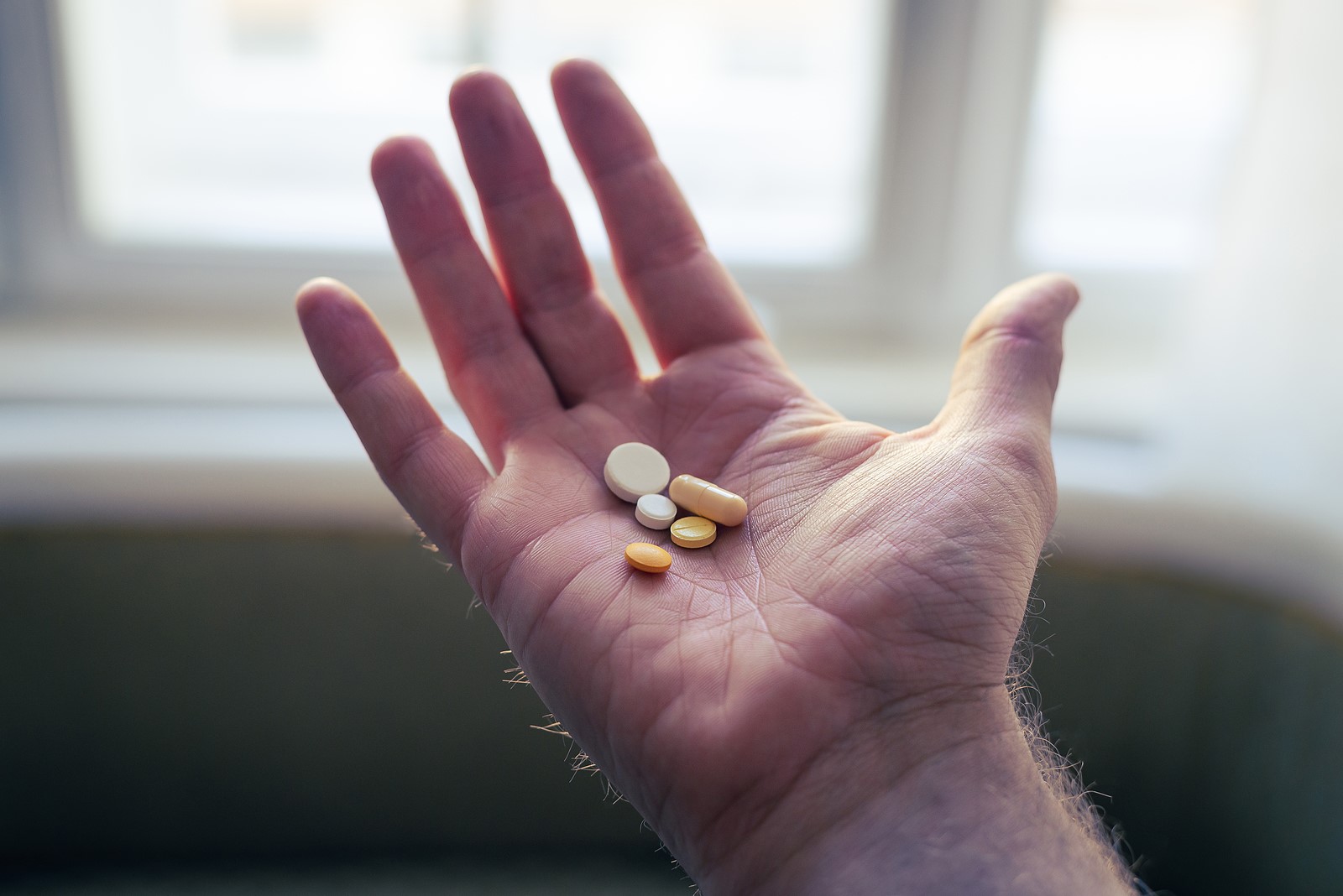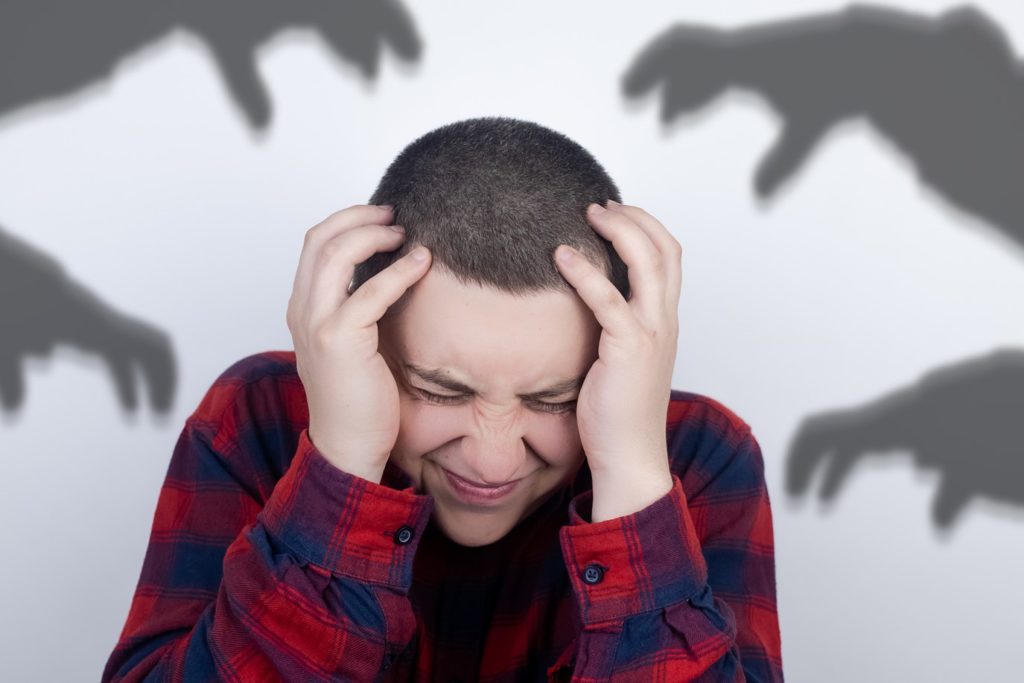What Are Depressants? We Answer Your Common Questions About Depressants

Depressants are a type of drug that many people have questions about. What are they? How do they work? What are the effects? We answer your common questions about depressants to help you understand this class of drugs better.
Depressants are a class of drugs that slow down brain activity. They can have serious consequences if not used responsibly. While depressants are often associated with alcohol, they also include other drugs such as benzodiazepines and opioids.
Contact Us Today for a Confidential Assessment.
Call (877) 959-5909 Now to Speak with a Specialist
In this post, we answer some common questions about depressants so that you can be better informed about them. Keep in mind that these are generalizations and different people may experience different effects from different depressants. Always consult with a doctor before taking any type of medication.
What Do Depressants Do?
Depressants, also known as sedatives, are drugs that slow down brain activity. This can lead to a feeling of relaxation and calmness. For some people, depressants can also relax tense muscles and help them sleep.
Depressants can also be harmful if they are taken in high doses or if they are combined with other substances like alcohol. When depressants are taken in high doses, they can slow down the heart rate and breathing rate to the point where a person can die. When depressants are combined with alcohol, it can increase the risk of overdose.
What Are Depressants Used For?
Because of their sedative effects, depressants are often prescribed to people with anxiety or panic disorders because it can help them to feel calmer and more in control. It can also be helpful for people who have trouble sleeping because it can help them to fall asleep and stay asleep.
However, depressants can also be misused, leading to harmful effects like drowsiness, impaired judgment, and slowed reflexes. When used recreationally, depressants can lead to addiction and overdose. Therefore, it is important to use them only as directed by a medical professional.
What Are the Examples of Depressants?
There are a variety of different types of depressants, but some of the most common examples include alcohol, benzodiazepines (benzos), opioids, and cannabis. Each type of depressant has its own unique effects on the body and mind, but generally speaking, they all produce a sense of relaxation and calmness.
They can be helpful for people who suffer from anxiety or stress, but they can also be addictive and lead to negative side effects when used excessively.
- Alcohol - Alcohol is considered one of the most dangerous depressants because it is so easy to overdose on. Alcohol slows down brain activity and can lead to slurred speech, impaired judgment, and blackouts. When combined with other depressants, the effects of alcohol can be even more dangerous. In the United States, alcohol can be legally purchased by people over the age of 21.
- Benzodiazepines (Benzos) - Benzos are a type of depressant that are often prescribed to people with anxiety or panic disorders. Using benzos like Xanax and Valium can lead to feelings of relaxation and drowsiness. However, benzos can be highly addictive even when used for only a short period.
- Opioids - In recent years, America has been suffering from an opioid epidemic. That's because many people became addicted to this drug that was once thought to be a non-addictive substance. However, it was later found out that prescription opioids can be just as addictive as heroin. Opioids work by binding to pain receptors in the brain and can lead to feelings of euphoria. Some examples of opioids include oxycodone, hydrocodone, and fentanyl.
- Cannabis - Cannabis is a type of depressant that has been used for centuries for its sedative effects. Cannabis can be smoked, eaten, or vaporized and can lead to feelings of relaxation and calmness. However, cannabis can also impair memory and judgment. In some states, cannabis is legal for medicinal and recreational purposes, but it is still illegal at the federal level.
Are Depressants Bad for You?
There is no simple answer to whether or not depressants are bad for you. It largely depends on the individual and the specific circumstances surrounding their use. For example, if someone takes a depressant medication as prescribed by a doctor to treat a legitimate medical condition, it is not likely to be harmful. However, if someone takes a depressant recreationally or in excess, it could be toxic or even lethal.
Get Help If Your Are Struggling With Depressants Addiction
When it comes to depressants, always remember that each of these drugs has unique effects on the body and mind. While depressants can be helpful for some people, they can also be dangerous when abused.
If you are struggling with substance abuse, help is available. Contact Anaheim Lighthouse today.

